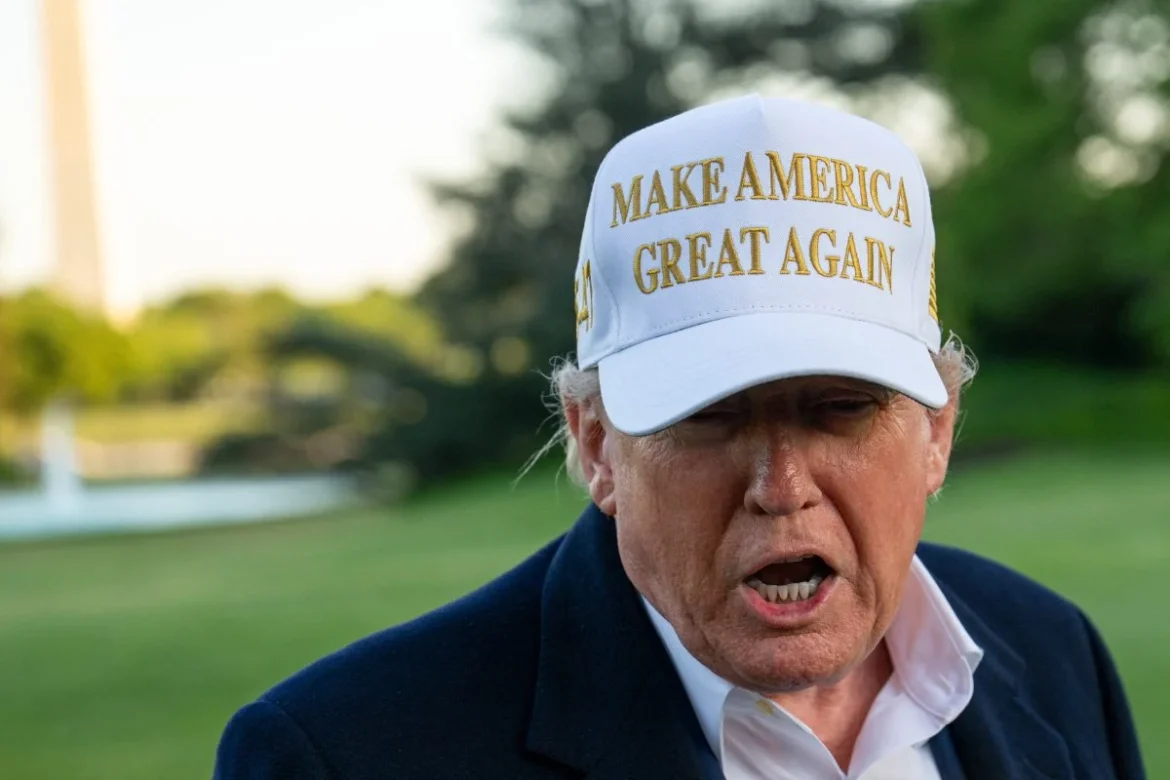The recent trade decision by United States President Donald Trump is now causing serious economic pressure across Africa. President Trump, under his “Liberation Day” trade policy, has introduced fresh tariffs that are hitting African countries hard. The policy sets a 10% base tariff on all goods coming into the U.S., and even higher rates for selected countries, thereby disrupting decades of friendly trade deals that African countries have relied on, especially under the African Growth and Opportunity Act (AGOA).
Before now, AGOA had allowed 32 sub-Saharan African countries to export many products to the United States without paying import duties. In 2024 alone, goods worth about $8 billion left Africa for the U.S. under this agreement. But with Trump’s new policy, the benefits have been reduced drastically. Countries like Lesotho now face a 50% tariff, Madagascar 47%, South Africa 31%, and Nigeria 14%. These new charges are making African exports less competitive in the U.S. market.
South Africa is one of the hardest-hit countries. Its Trade and Industry Minister, Mr. Parks Tau, raised concerns that the tariffs are already affecting the country’s car, agriculture, and manufacturing industries. He said South Africa is now planning to focus more on exporting to countries in Asia, Europe, the Middle East, and other parts of Africa. He also called for stronger trade ties among African countries themselves.
In Nigeria, the situation is a bit different but still serious. Although oil, Nigeria’s main export, is not directly targeted by the tariffs, there are still likely side effects. According to Dr. Tunde Adesina of Lagos Business School, Nigeria could lose foreign investors who may begin to see the region as too risky. He said companies in the U.S. might even stop buying from African suppliers, and this could lead to job losses, weaker currency value, and a general drop in economic confidence.
The International Monetary Fund (IMF) has also entered the conversation. The IMF’s Africa Director, Mr. Abebe Aemro Selassie, advised African countries to find ways to generate more income internally. He warned that depending too much on loans may no longer be a wise choice, especially with rising interest rates globally and more expensive debt.
To address the crisis, some African countries are looking inward and planning how to depend less on foreign trade. Regional initiatives like the African Continental Free Trade Area (AfCFTA) are gaining more attention. For example, Ghana is now considering producing more chocolate locally instead of just selling raw cocoa beans abroad. This approach may help the country earn more money from value-added products.
Efforts are also ongoing at the diplomatic level. Minister Parks Tau from South Africa is pushing for discussions with the U.S. government. He argued that South Africa’s car exports make up less than 1% of total American imports and should not be punished this way. Some African leaders are also talking about joining forces through the African Union (AU) to speak with one voice in dealing with Washington.
Even though the tariffs are causing immediate pain, some experts see them as a wake-up call for Africa. They believe this is the time for the continent to build stronger internal trade networks, develop its own industries, and reduce its dependence on Western markets. If African countries work together, invest in processing their raw materials, and improve infrastructure, they could become more self-reliant in the near future.
